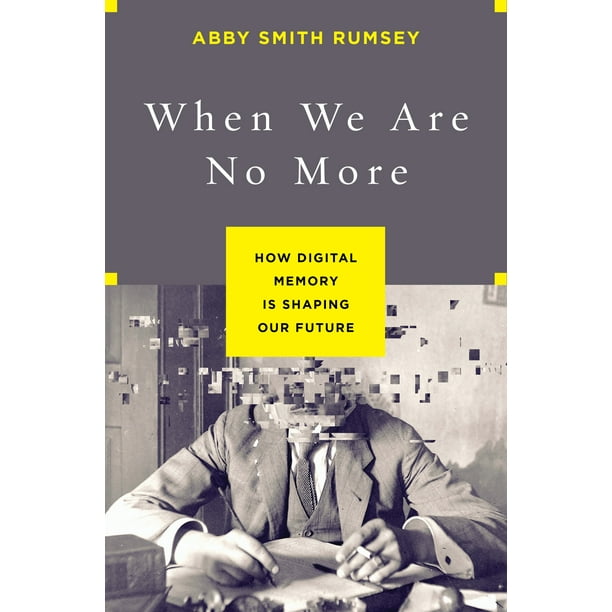WHAT'S THE BIG IDEA?
If there is a theme for this post it's information, knowledge, and memory. As we're still struggling with the early growing pains of the Information Age, we're trying to understand what effects technology have had on humans changes and what changes it have on us in the future. We take for granted that the information at hand is correct and easily accessible. But easy access to information is only a recent phenomena. There is an irony here in the Information Age, we are more challenged in understanding whether information is true and correct. It's nothing new that political powers have always sought to control access to information and even to control its existence.
Here's a short collection of books from the last year or two of reading on the topic.
1. The Constitution of Knowledge: A Defense of Truth, Jonathan Rauch (2021). In the Information Age, it's hard to believe that we have to go back to basics know how we know things about the world. Philosophers call this area of study Epistemology. Rauch explores how political power is engaged in information warfare. In particular, he focuses on how the digital age of the internet no longer values truth. Democracies, he says, much have a peaceful method for groups to settle disagreements to move forward. He examines the 2016 and 2020 elections as case studies. Bought new.
 2. When We Are No More: How Digital Memory is Shaping our Future, Abby Smith Rumsey (2016). As a former librarian at the Library of Congress, Dr. Rumsey is my kind of person--she is a champion of books. Her book highlights the importance the creation of books and the printing press had on building civilization. This accelerated the need to build libraries, archives, and museums to tell our story. She takes us up to the digital era where the information explosion has overwhelmed our limited resource -- attention and our ability to understand what's important. She calls for a cultural and digital strategy to determine how to manage the ever growing torrent of information. Bought new.
2. When We Are No More: How Digital Memory is Shaping our Future, Abby Smith Rumsey (2016). As a former librarian at the Library of Congress, Dr. Rumsey is my kind of person--she is a champion of books. Her book highlights the importance the creation of books and the printing press had on building civilization. This accelerated the need to build libraries, archives, and museums to tell our story. She takes us up to the digital era where the information explosion has overwhelmed our limited resource -- attention and our ability to understand what's important. She calls for a cultural and digital strategy to determine how to manage the ever growing torrent of information. Bought new.
3. Freedom, Sebastian Junger (2021). This may seem likely an unusual book to include but Sebastian Junger has been exploring big questions of human behavior since Into Thin Air and his several books about soldiers in Afghanistan, Restrepo, War, and Tribe. In Freedom, Junger and three friends walk railroad lines of the mid-Atlantic and into remote areas of central Pennsylvania. Along the way, he uses his encounters as a backdrop to explore competing ideas of freedom and community. His short book, divided into three sections: Run, Fight, and Think. He leads up to a central question: how do governments share power with people you disagree with--may even hate? Bought new.
4. Runaway Technology: Can Law Keep Up? Joshua Fairfield (2021). From a legal perspective, law seems to fall behind the ever accelerating change in technology. Laws on technology on 20 and 30 years old are obsolete. Joshua Fairfield, a professor at Washington and Lee College of Law, believes law can keep up but it's a question of language. This involves more conversation in a community setting and not in the courts. Bought new.
5. Dangerous Ideas: A Brief History of Censorship in the West, from the Ancients to Fake News, Eric Berkowitz (2021). An example of the adage, knowledge is power, is where those in power try to control information and ideas. Berkowitz takes us back to classical Rome where Roman Law allowed for the politicians and generals to be subjected to damanatio memriae ("condemnation of memory"). All memorials and writings would be destroyed as a way of "un-remembering" a public figure. In 213 BCE, Qin Shi Huang, the first emperor of the Qin Dynasty, ordered the burning of books and burying of scholars and supposedly ordered the live burial of 460 Confucian scholars so that history might begin with him. Modern China now tries to manage the public's memory by removing certain stories within its control on the Internet. Berkowitz finds many examples through history up to current time where lethal outrage is used to obliterate the mere mention of a book. Bought new.







Comments
Post a Comment